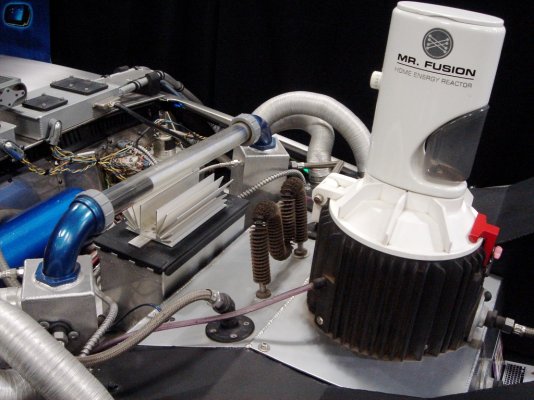China is no longer accepting our recyclables. Recent articles are saying it's too expensive to recycle and all garbage will go to landfills. D/H and me have this giant garbage bin and 2 bags of garbage every week. We have more recyclables than garbage.
This made me think of the James Bond movie where they smashed up a car to a tiny square of metal. Can't we do that with garbage? C'mon engineers, I know you're out there.
This made me think of the James Bond movie where they smashed up a car to a tiny square of metal. Can't we do that with garbage? C'mon engineers, I know you're out there.

